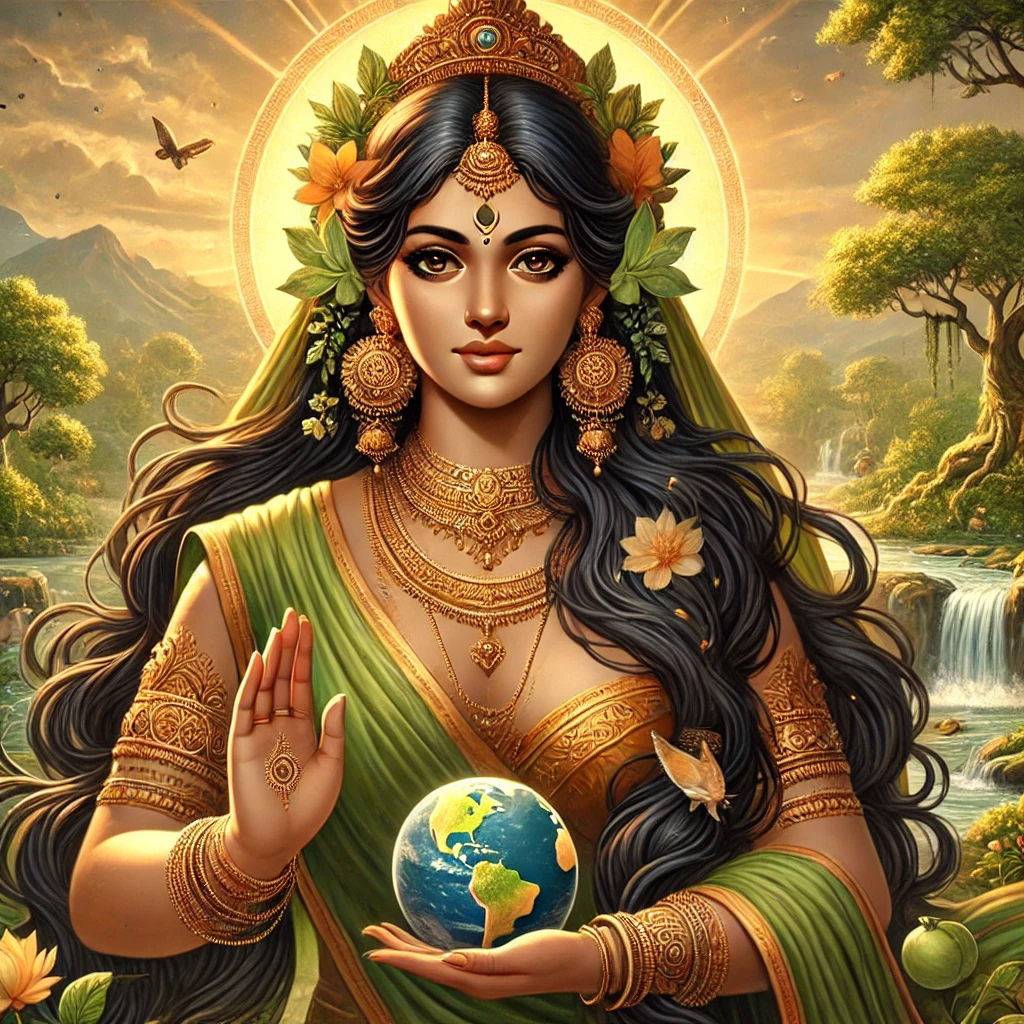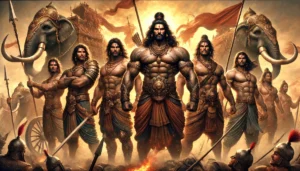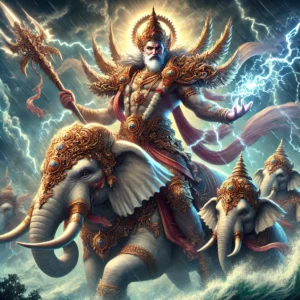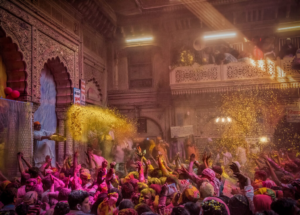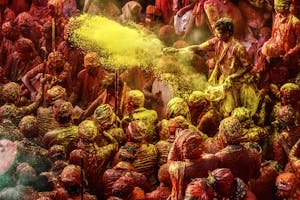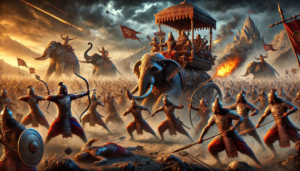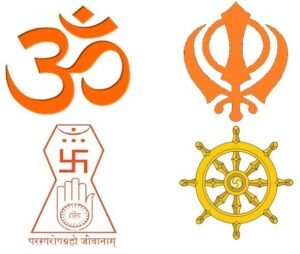Prithvi: The Hindu Goddess of Earth
Prithvi: The Hindu Goddess of Earth
Prithvi, also known as Prithvi Mata (Mother Earth), is one of the most revered goddesses in Hindu mythology, symbolizing the earth and its nurturing, life-giving qualities. As a personification of the earth, Prithvi plays a vital role in the cosmology, religious rituals, and cultural beliefs of Hinduism. This article delves into the origins, myths, attributes, and significance of Prithvi as a central figure in Hindu tradition.
Origins and Mythological Background
Prithvi is one of the oldest deities mentioned in the Vedic texts, the earliest scriptures of Hinduism, where she is often paired with Dyaus, the sky god. Together, Prithvi and Dyaus represent the primordial parents—earth and sky—who give birth to all life forms. This divine pairing highlights the fundamental connection between the earth and the heavens in maintaining cosmic harmony.
In later Hindu texts, Prithvi is described not only as the goddess of the earth but also as a form of Bhudevi, another aspect of the earth goddess, who is revered as the consort of Vishnu, the preserver god in the Hindu trinity. Bhudevi, often depicted seated beside Vishnu, emphasizes the earth’s relationship with divine order and sustenance.
Prithvi in Vedic Hymns
Prithvi’s significance is evident from her frequent mention in Vedic hymns, particularly in the Rigveda. The Prithvi Sukta, a collection of hymns, praises her vastness, fertility, and ability to sustain life. She is called the nourisher of all beings and is worshiped for her generosity, as the provider of food, water, and shelter. These hymns reflect the ancient reverence for nature, as the earth was seen as a sacred entity that supports human existence.
Prithvi is also described as both gentle and strong. She is the one who endures the weight of human activities and supports the mountains, rivers, and forests. However, like nature itself, she can be unforgiving when mistreated, symbolizing natural disasters and calamities when humanity fails to respect her.
Association with Vishnu and Role as Bhudevi
In Hindu mythology, Prithvi is closely linked with the god Vishnu. As Bhudevi, she becomes one of Vishnu’s consorts, embodying the earth’s fertility and stability. According to one myth, when the earth was submerged in cosmic waters due to the forces of chaos, Vishnu incarnated as the Varaha (boar) avatar to rescue her. In this story, Vishnu lifts Prithvi out of the waters on his tusks, symbolizing his role as the protector and restorer of cosmic order.
This episode, found in texts like the Puranas, highlights the protective relationship between Vishnu and Bhudevi, emphasizing the earth’s vulnerability and dependence on divine intervention during times of crisis. The worship of Bhudevi alongside Vishnu is common in temples across India, where she is depicted as a serene figure, symbolizing the fertility and abundance of the land.
Iconography of Prithvi
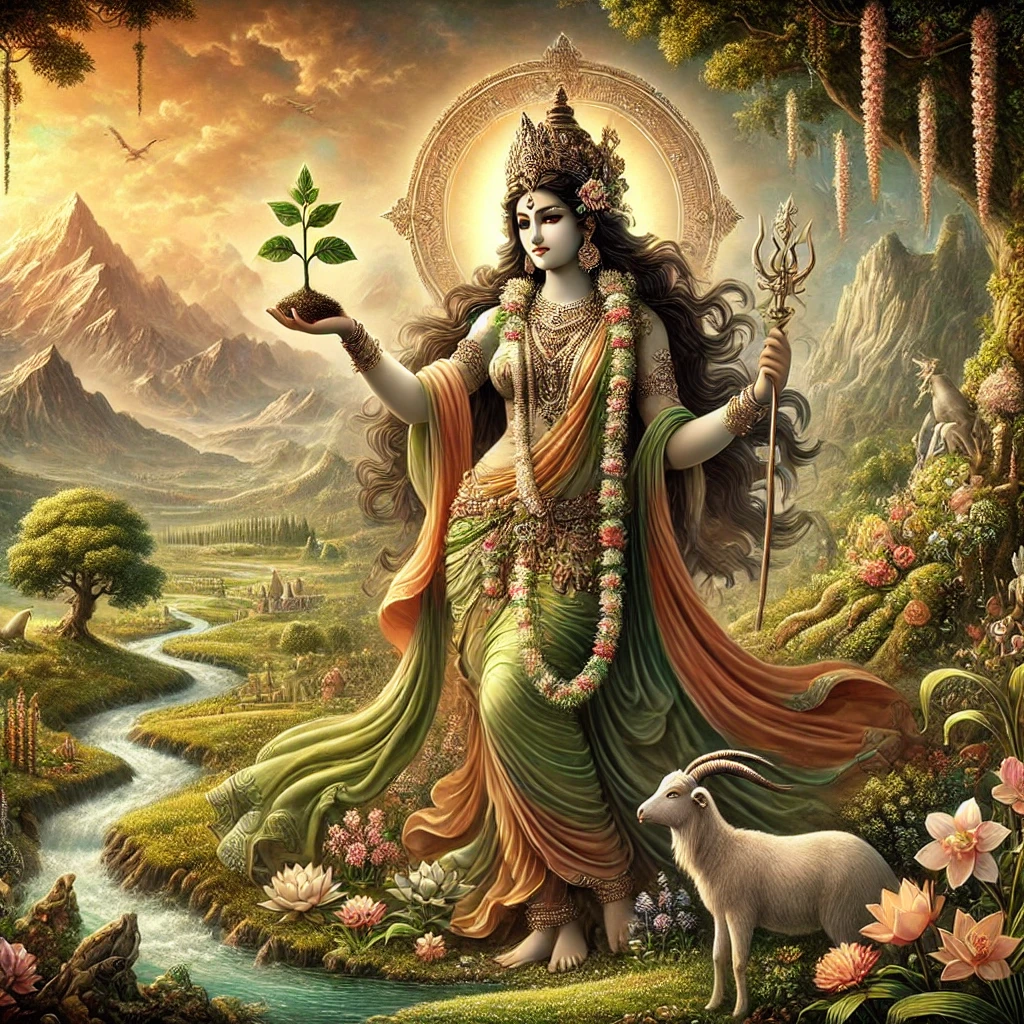
In Hindu art and iconography, Prithvi is typically portrayed as a woman with a calm and serene expression, sometimes sitting on a lotus, which symbolizes purity and the unfolding of life. She may also be depicted holding a pot, which represents fertility and abundance, or a sheaf of crops, signifying the earth’s agricultural bounty.
In some depictions, particularly as Bhudevi, she stands beside Vishnu, emphasizing her role as a divine consort and the embodiment of nature’s sustenance. Occasionally, she is depicted riding a cow, an animal sacred in Hinduism, representing her nurturing and maternal aspects.
Prithvi in Rituals and Worship
Prithvi holds a special place in Hindu rituals, particularly those related to agriculture and land. Before any construction or agricultural activity, it is common to offer prayers and ask for her blessings to ensure the land is used in harmony with nature. This practice, known as Bhoomi Pooja, is still observed in modern India, reflecting the continued reverence for the earth as sacred.
Farmers often worship Prithvi at the beginning of the planting season, offering prayers for a bountiful harvest and expressing gratitude for the earth’s capacity to sustain life. In addition, during natural calamities like earthquakes or floods, prayers are offered to appease Prithvi and seek her protection.
Symbolism and Relevance in Modern Times
Prithvi is not just a mythological figure but also a symbol of environmental consciousness. In a world increasingly threatened by environmental degradation and climate change, the worship and respect of Prithvi remind humanity of the need to live in harmony with nature. Her embodiment of fertility, nurturing, and sustenance emphasizes the interconnectedness of all life forms and the importance of protecting the earth for future generations.
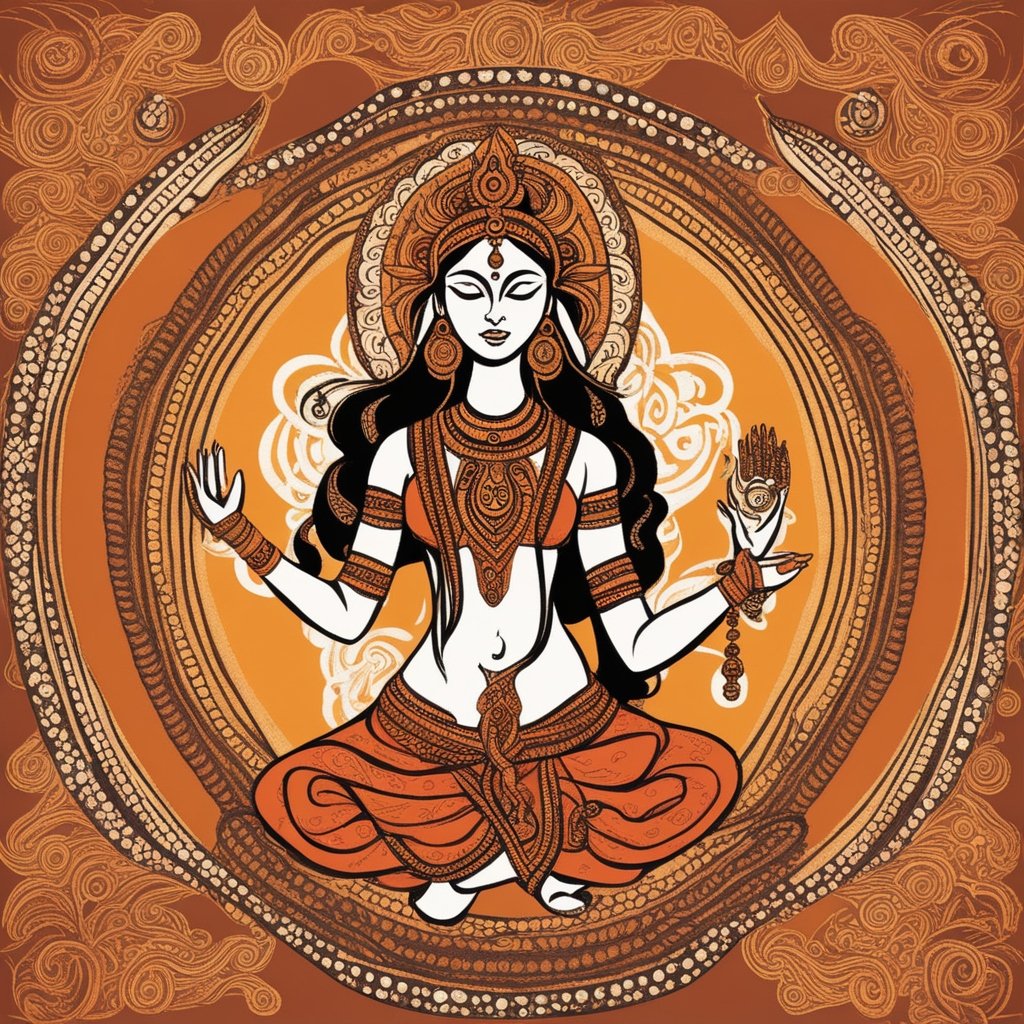
The concept of Prithvi Mata is a powerful reminder that the earth is not merely a resource to be exploited but a living entity deserving of respect and care. This reverence for the earth is reflected in traditional Hindu practices of sustainability, such as the protection of sacred groves, water conservation, and organic farming.
enduring legacy in Hinduism
Prithvi, the Hindu goddess of earth, occupies a central role in Hindu mythology and religious practices. Her presence in ancient texts, hymns, and rituals underscores the deep reverence for the earth in Hindu culture. As the personification of the planet, Prithvi represents not only the earth’s life-sustaining powers but also the need for balance between human activity and the natural world. In today’s context, her symbolism resonates strongly with the global environmental movement, reminding us of our responsibility to protect and cherish the planet we call home.
Prithvi Mata’s enduring legacy in Hinduism offers profound lessons about sustainability, respect for nature, and the sacredness of the earth, making her an ever-relevant figure in both spiritual and ecological contexts.

